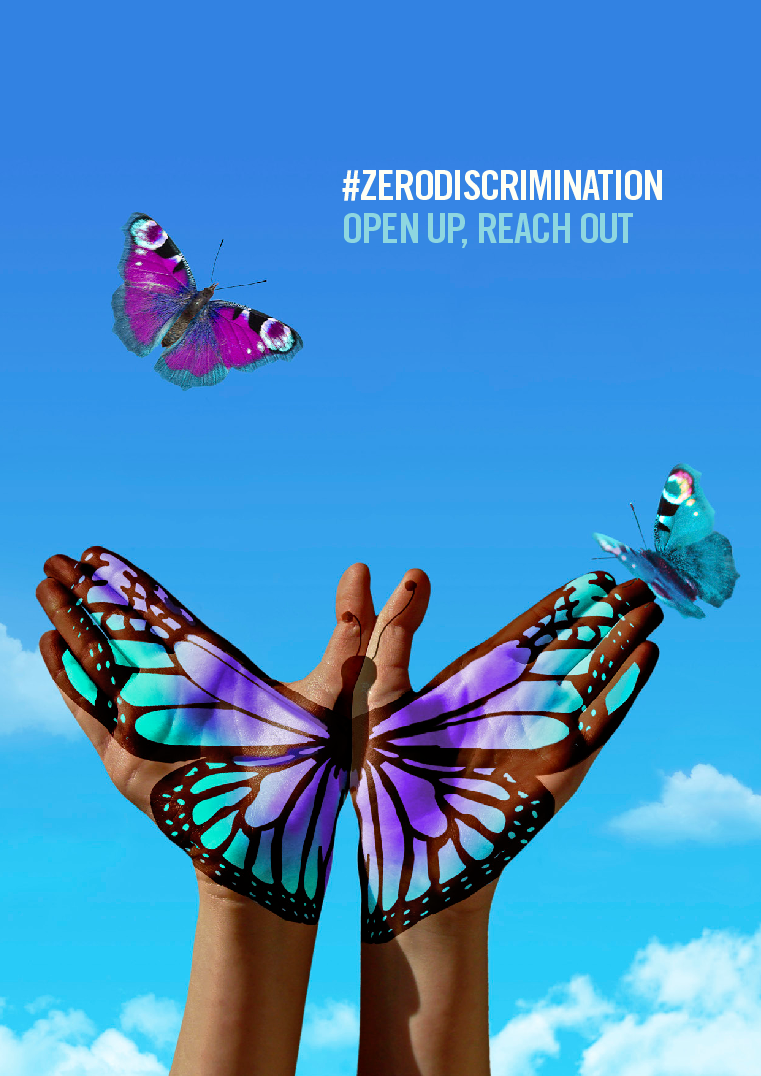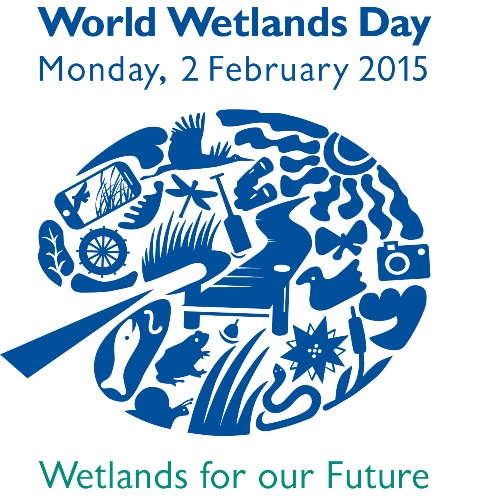Theme 2015 : Wildlife crime : Let's End it Now!
World Wildlife Day, March 3.
Secretary-General of CITES , Mr John E. Scanlon Message for the World Wildlife Day 2015
UNEP Executive Secretary Mr Achim Steiner message for the World Wildlife Day 2015
Forum : World Wildlife Day, March 3
join the social media campaign!
Google+ Hanghout "World WildLife Day 2015 " Scheduled for 3 Mar 2015 by the U.S. Department Of State
World Wildlife Day Tweets
World Wildlife Day, March 3.
The United Nations General Assembly has proclaimed 3 March – the anniversary of the adoption of the Convention on International Trade in Endangered Species of Wild Fauna and Flora (CITES) – as World Wildlife Day. On this second observance of the Day, the UN system, its Member States and a wide range of partners from around the world are highlighting the simple yet firm message that “It’s time to get serious about wildlife crime”.
Illegal trade in wildlife has become a sophisticated transnational form of crime, comparable to other pernicious examples, such as trafficking of drugs, humans, counterfeit items and oil. It is driven by rising demand, and is often facilitated by corruption and weak governance. There is strong evidence of the increased involvement of organized crime networks and non-State armed groups.
Illegal wildlife trade undermines the rule of law and threatens national security; it degrades ecosystems and is a major obstacle to the efforts of rural communities and indigenous peoples striving to sustainably manage their natural resources. Combatting this crime is not only essential for conservation efforts and sustainable development, it will contribute to achieving peace and security in troubled regions where conflicts are fuelled by these illegal activities.
Getting serious about wildlife crime means enrolling the support of all sections of society involved in the production and consumption of wildlife products, which are widely used as medicines, food, building materials, furniture, cosmetics, clothing and accessories. Law enforcement efforts must be supported by the wider community. Businesses and the general public in all countries can play a major role by, for example, refusing to buy or auction illegal ivory and rhinoceros horn, and insisting that products from the world’s oceans and tropical forests have been legally obtained and sustainably sourced.
On this World Wildlife Day, I urge all consumers, suppliers and governments to treat crimes against wildlife as a threat to our sustainable future. It’s time to get serious about wildlife crime.
Ban Ki-moon, United Nations Secretary-General.
 |
| This World Wildlife Day, let the world know it's time to get #SeriousAboutWildlifecrime |
Secretary-General of CITES , Mr John E. Scanlon Message for the World Wildlife Day 2015
Wildlife is now firmly fixed on the United Nations calendar thanks to its own special day.
On the 3rd of March 2014 the United Nations Secretary-General Ban Ki-moon led the global celebrations of the first World Wildlife Day and called for us to work for a future where people and wildlife coexist in harmony.
This year, countries, United Nations and international organizations, as well as citizen’s groups from across the globe, have rallied around the theme ‘It’s time to get serious about wildlife crime’.
Illegal wildlife trade is threatening the survival of some of our most charismatic species, as well as some plants and animals you may have never heard of. And it threatens people, their livelihoods, their safety and security.
The situation is serious. We must tackle the poaching, transport and consumption of illegally traded wildlife and in so doing use the same sorts of enforcement tools, techniques and penalties used to combat other serious crimes, such as trafficking in drugs or persons.
As we celebrate the beauty and variety of our wildlife let’s do whatever we can – as citizens and as consumers – to bring this illegal trade to an end and secure a sustainable future for wild animals and plants, as well as for ourselves.
We know what needs to be done – and by working together we will succeed.
Let’s all mark this special World Wildlife Day by getting serious about wildlife crime!
John E. Scanlon, Secretary-General of CITES
UNEP Executive Secretary Mr Achim Steiner message for the World Wildlife Day 2015
Forum : World Wildlife Day, March 3
join the social media campaign!
Google+ Hanghout "World WildLife Day 2015 " Scheduled for 3 Mar 2015 by the U.S. Department Of State
Wildlife
trafficking is a multi-billion dollar criminal enterprise that poses a
serious and urgent threat to conservation and national security. The
increasing involvement of organized crime in poaching and wildlife
trafficking promotes corruption, threatens the peace and security of
fragile regions, strengthens illicit trade routes, and destabilizes
economies and communities that depend on wildlife for their
livelihoods.
To celebrate World Wildlife Day, Under Secretary Catherine Novelli will host a Google+ Hangout - moderated by Peter Knights, Executive Director at WildAid - on wildlife trafficking around the world.
Hangout Participants:
•Catherine A. Novelli, Under Secretary for Economic Growth, Energy, and the Environment at the U.S. Department of State
•Mr. Peter Knights, Executive Director at WildAid
•Ms. Paula Kahumbu, Executive Director of Wildlife Direct
•Ms. Hong Hoang, Executive Director for CHANGE
•Ms. Grace Ge Gabriel, Asia Regional Director for International Fund for Animal Welfare (IFAW)
Do you have questions for the participants? Ask now and tune in on Tuesday, March 3 at 9:00AM ET.
For more information on wildlife trafficking, please visit http://goo.gl/PMAfba and follow the conversation online by using #WorldWildlifeDay.
To celebrate World Wildlife Day, Under Secretary Catherine Novelli will host a Google+ Hangout - moderated by Peter Knights, Executive Director at WildAid - on wildlife trafficking around the world.
Hangout Participants:
•Catherine A. Novelli, Under Secretary for Economic Growth, Energy, and the Environment at the U.S. Department of State
•Mr. Peter Knights, Executive Director at WildAid
•Ms. Paula Kahumbu, Executive Director of Wildlife Direct
•Ms. Hong Hoang, Executive Director for CHANGE
•Ms. Grace Ge Gabriel, Asia Regional Director for International Fund for Animal Welfare (IFAW)
Do you have questions for the participants? Ask now and tune in on Tuesday, March 3 at 9:00AM ET.
For more information on wildlife trafficking, please visit http://goo.gl/PMAfba and follow the conversation online by using #WorldWildlifeDay.
World Wildlife Day Tweets
















